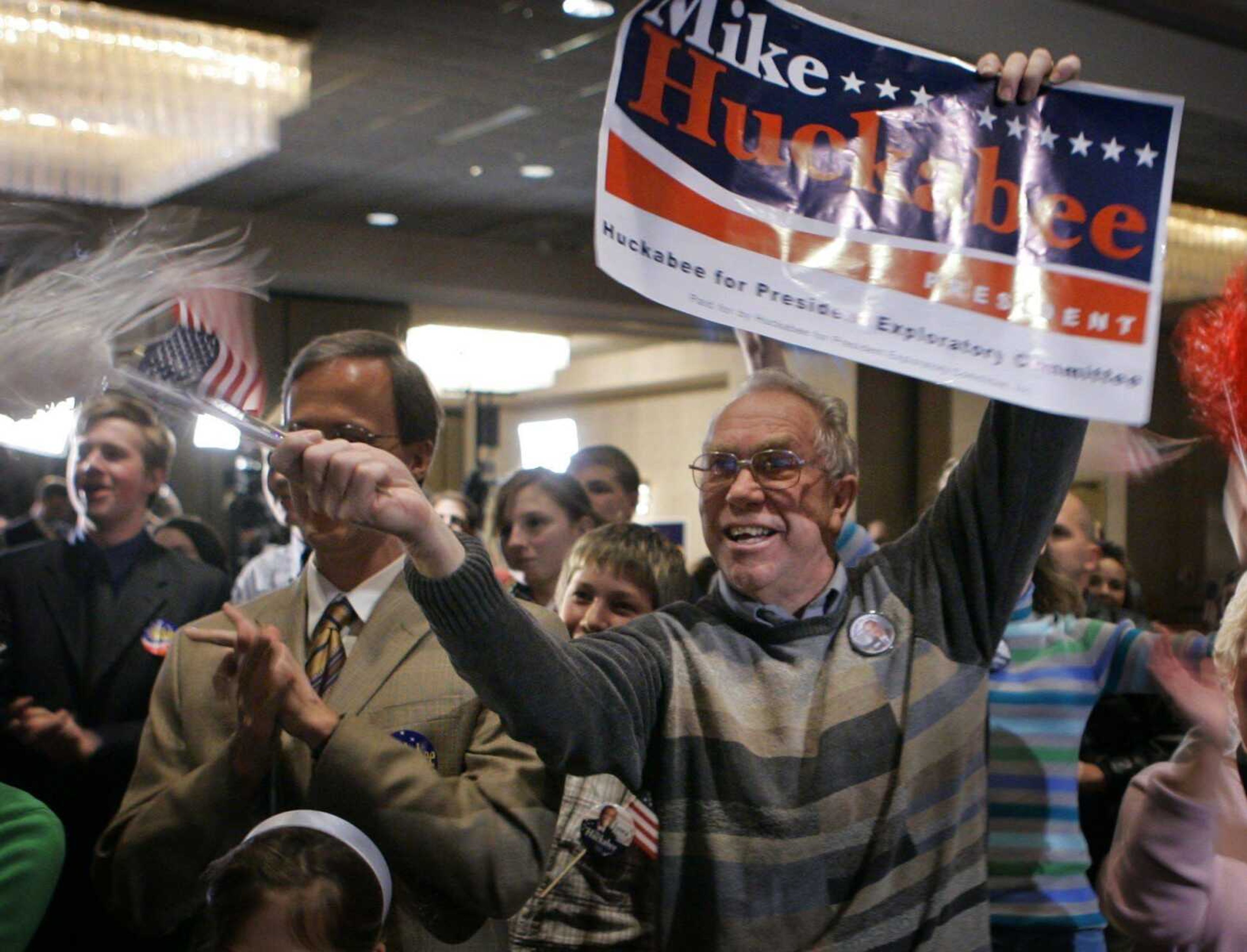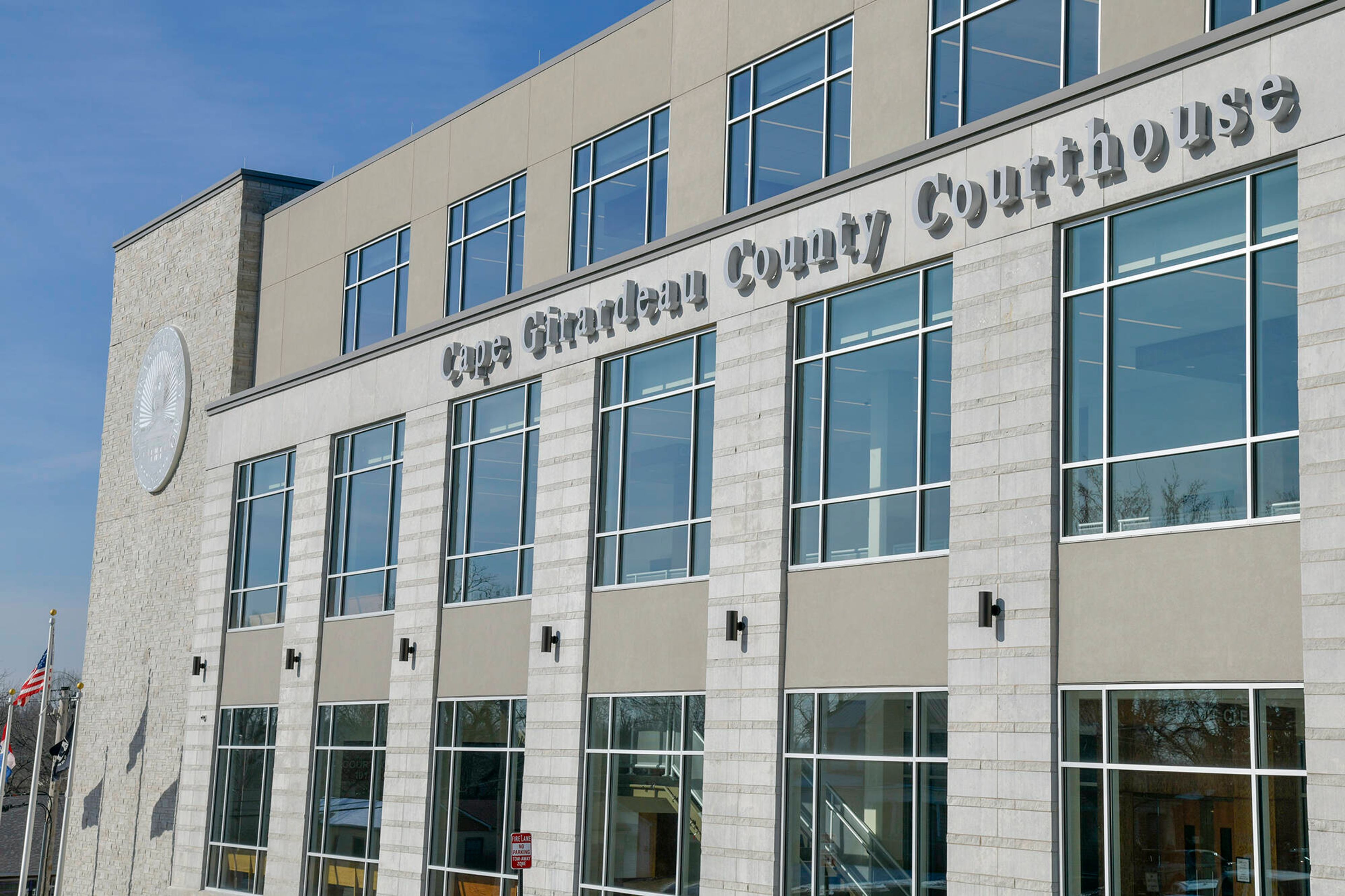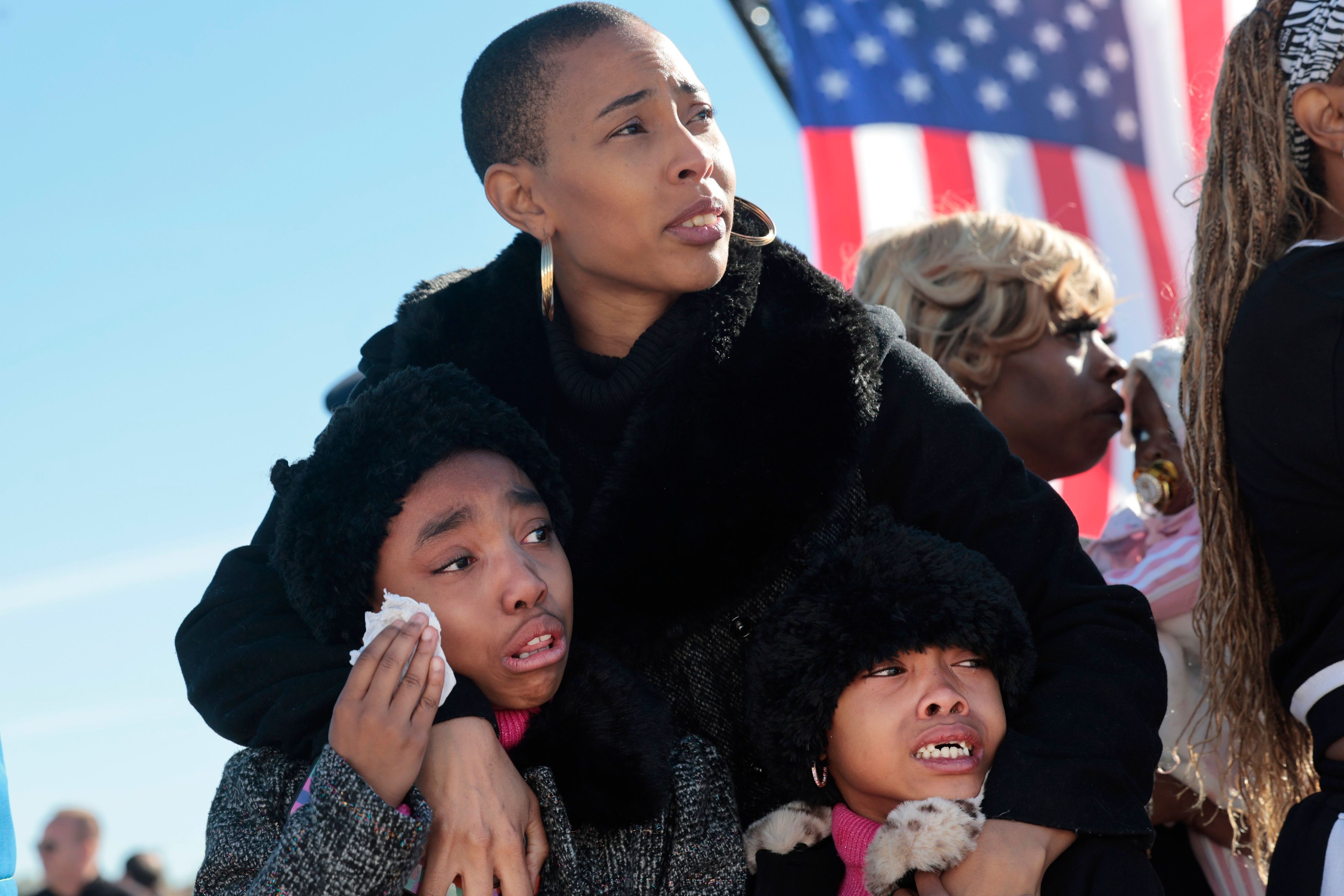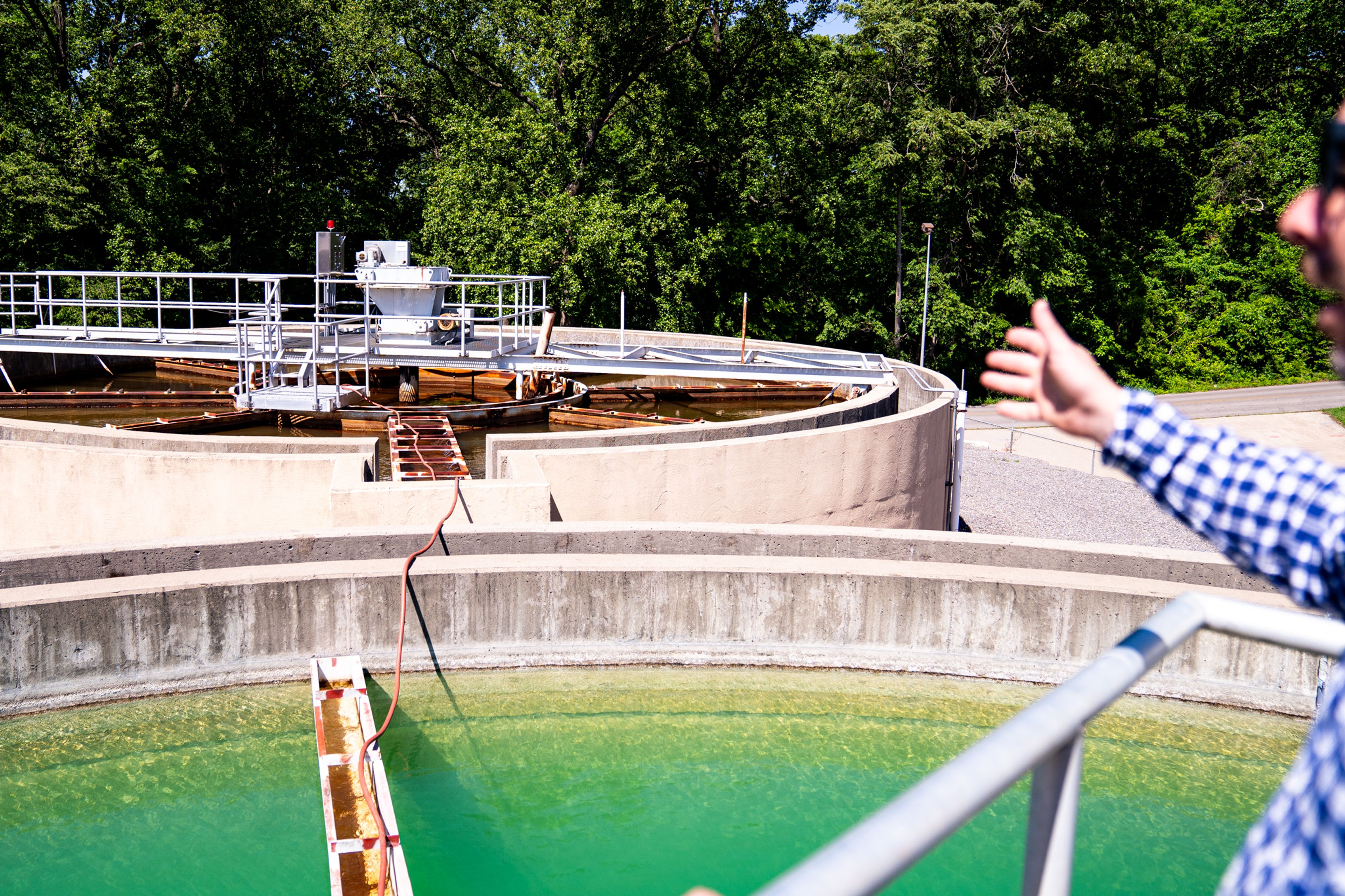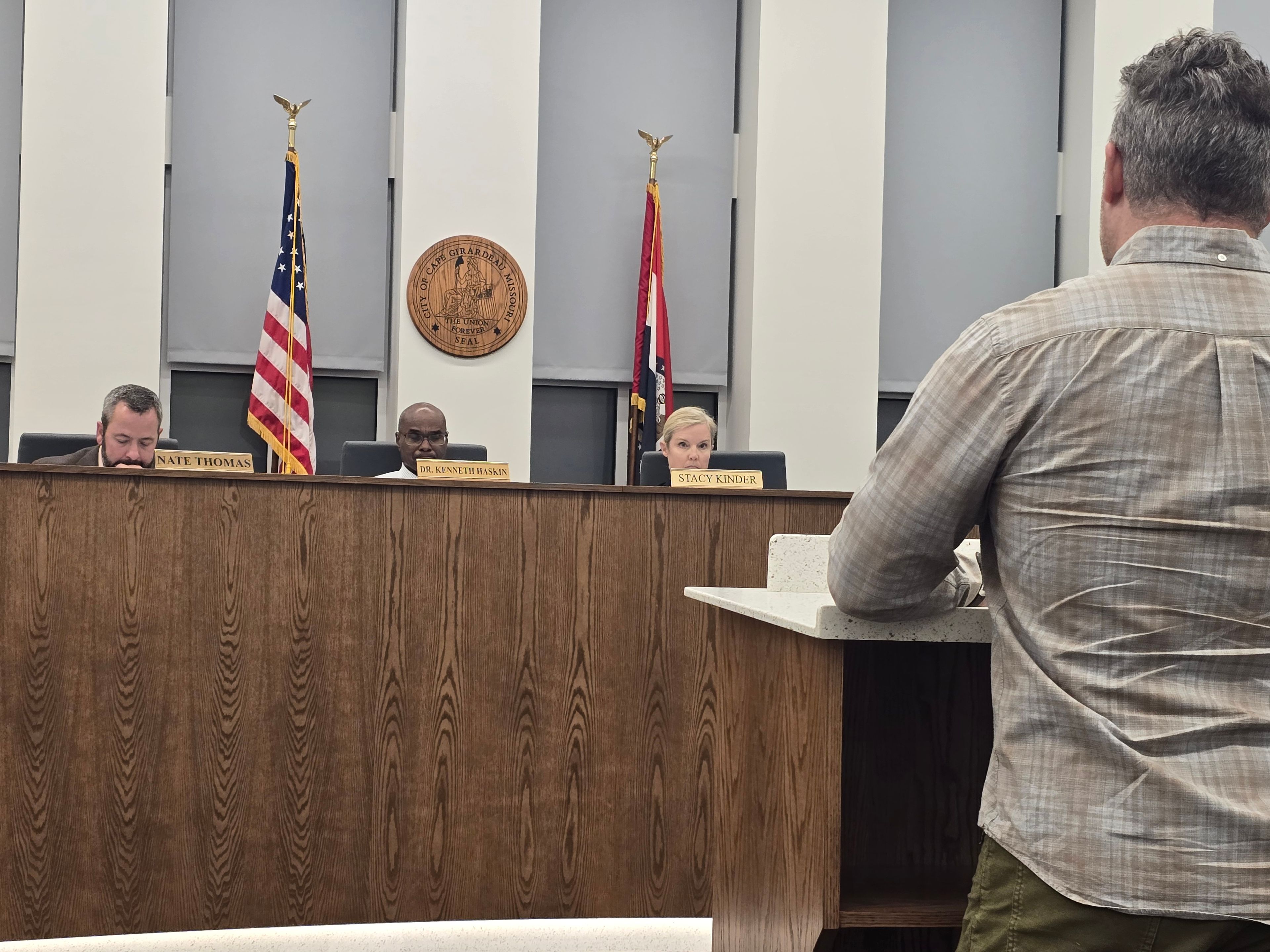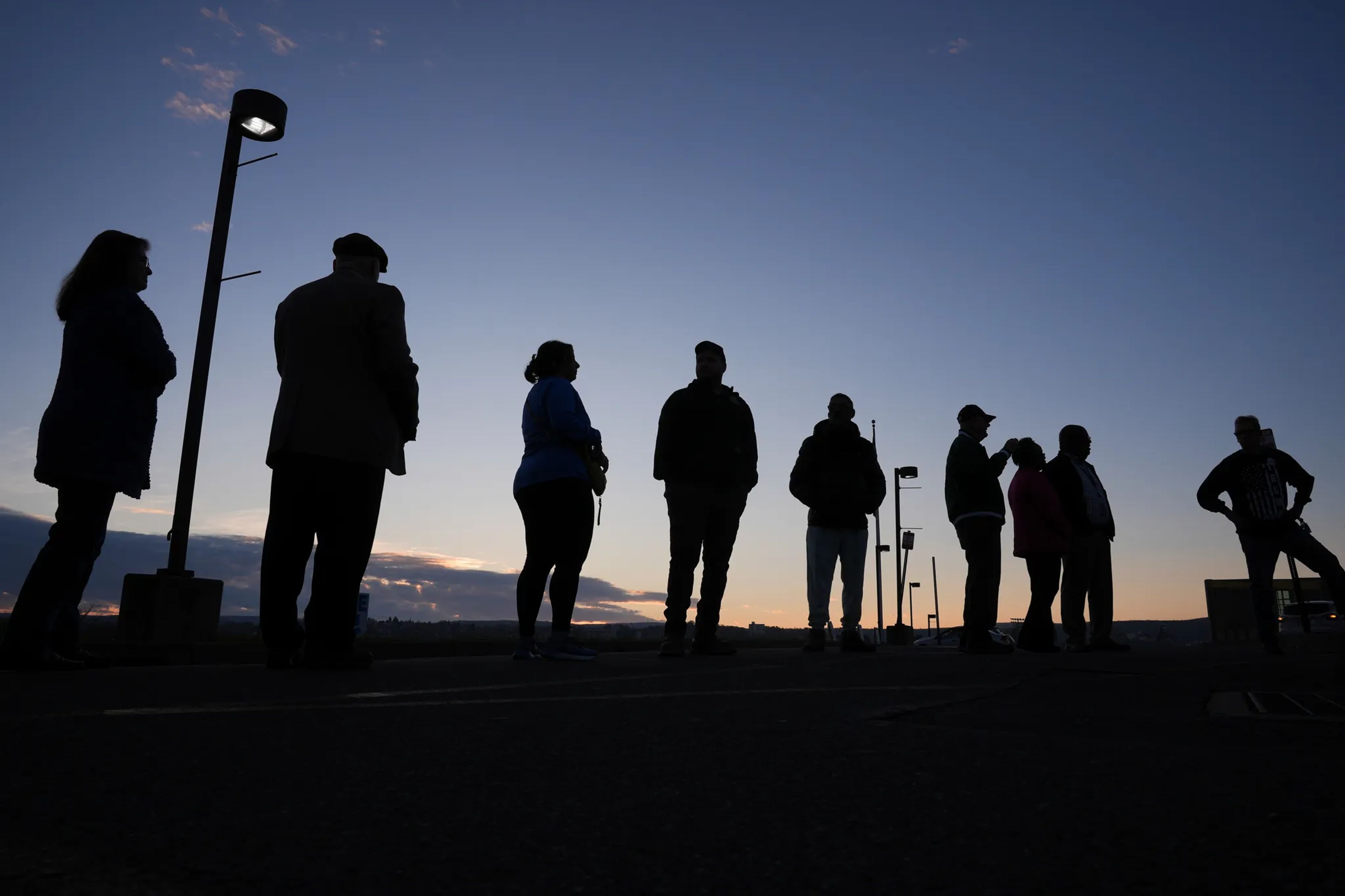Obama and Huckabee win Iowa caucuses
DES MOINES, Iowa -- Sen. Barack Obama, bidding to become the nation's first black president, captured the Iowa caucuses Thursday night, the opening test in the race for the 2008 Democratic nomination. Mike Huckabee rode a wave of support from evangelical Christians to victory in the Republican caucuses...
DES MOINES, Iowa -- Sen. Barack Obama, bidding to become the nation's first black president, captured the Iowa caucuses Thursday night, the opening test in the race for the 2008 Democratic nomination. Mike Huckabee rode a wave of support from evangelical Christians to victory in the Republican caucuses.
Obama, 46 and a first-term senator from Illinois, eased past a high-powered field that included Sen. Hillary Rodham Clinton of New York, the former first lady, and former senator John Edwards of North Carolina, the party's 2004 vice presidential nominee.
Among Republicans, Huckabee, a preacher turned politician, defeated Mitt Romney despite being outspent by tens of millions of dollars, and deciding in the campaign's final days to scrap television commercials that would have assailed the former Massachusetts governor.
Obama, who campaigned as an apostle of change in Washington, was gaining 36 percent support among Democrats. Edwards, who ran promising to battle the special interests in the capital, and Clinton, who stressed her experience, both were drawing about 30 percent.
Huckabee's triumph was more robust. He was winning 34 percent support, compared to 25 percent for Romney. Former senator Fred Thompson and Sen. John McCain battled for third place.
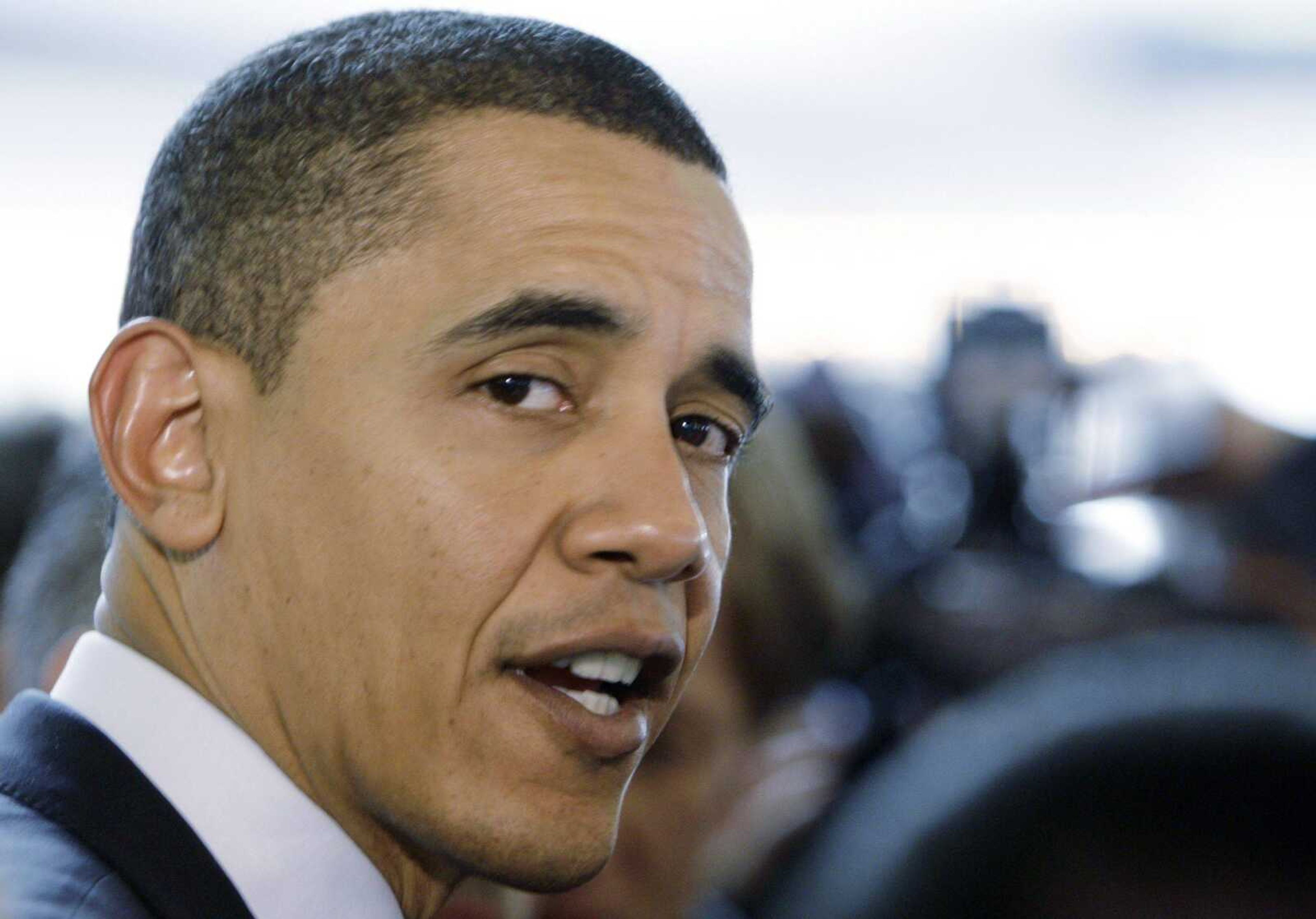
Romney sought to frame his defeat as something less than that, saying he had trailed Huckabee, a former Arkansas governor, by more than 20 points a few weeks ago. "I've been pleased that I've been able to make up ground, and I intend to keep making up ground, not just here but across the country," he said.
The words were brave, but already, his strategy of bankrolling a methodical campaign in hopes of winning the first two states was in tatters -- and a rejuvenated McCain was tied with him in the polls in next-up New Hampshire.
Iowans rendered their judgments in meetings at 1,781 precincts from Adel to Zwingle, in schools, firehouses and community centers where the candidates themselves could not follow.
In interviews as they entered the caucuses, more than half of all the Republicans said they were either born-again or evangelical Christians, and they liked Huckabee more than any of his rivals. Romney led among the balance of the Iowa Republican voters, according to the survey.
About half the Democratic caucus-goers said a candidate's ability to bring about needed change was the most important factor as they made up their minds, according to the entrance interviews by The Associated Press and the television networks. Change was Obama's calling card in the arduous campaign for Iowa's backing. Fewer voters cited experience, which Clinton said was her strong suit, or a candidate's chance of capturing the White House or ability to care about people like the voters themselves.
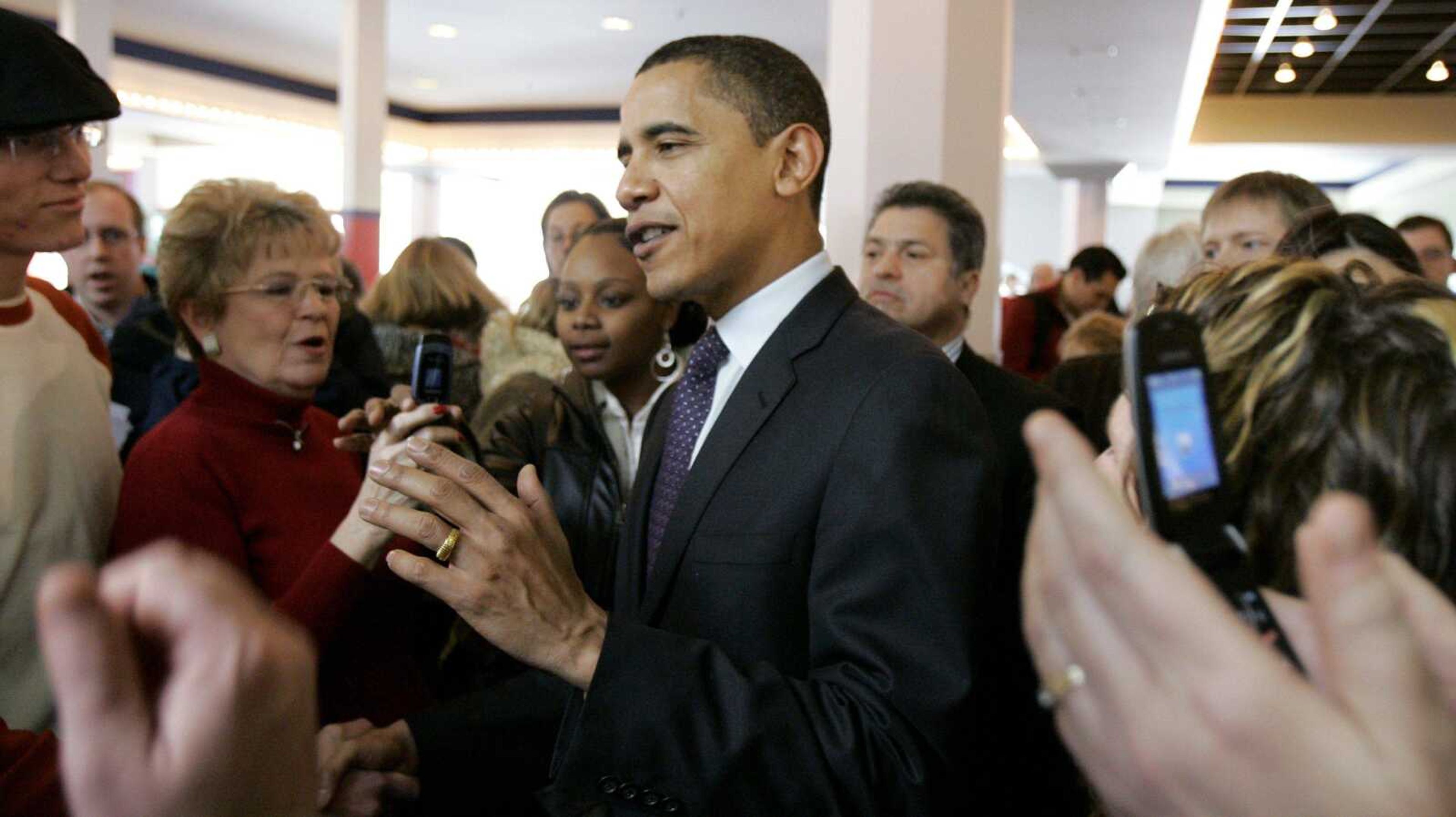
While Republicans and Democrats both looked to Iowa to pass the first judgment of the election year, there was a key difference in the way they ran their caucuses. Republicans took a straw vote, then tallied the results. Democrats had a more complicated process in which one candidate's supporters might eventually wind up backing another contender.
Clinton, Obama and Edwards had all urged voters to consider them if their own candidate fell short. Rep. Dennis Kucinich of Ohio publicly urged his backers to line up with Obama on a second round, and two Democrats said aides to New Mexico Gov. Bill Richardson did likewise as the caucuses unfolded. Those two spoke on condition of anonymity, citing private discussions.
The Democratic race was as close as the Republican contest was not.
Obama and Clinton each sought to make history, he the most viable black presidential candidate in history, she a former first lady bidding to become the first female commander in chief. Edwards battled them to a standstill, fighting to improve on the second-place finish in the 2004 caucuses that was good enough to land him the vice presidential slot on the Democratic ticket.
Their rivals, Sens. Chris Dodd of Connecticut, Joseph Biden of Delaware, Richardson and Ohio Rep. Dennis Kucinich, got little to show for their effort, and it seemed possible the field would grow smaller before New Hampshire votes on Tuesday.
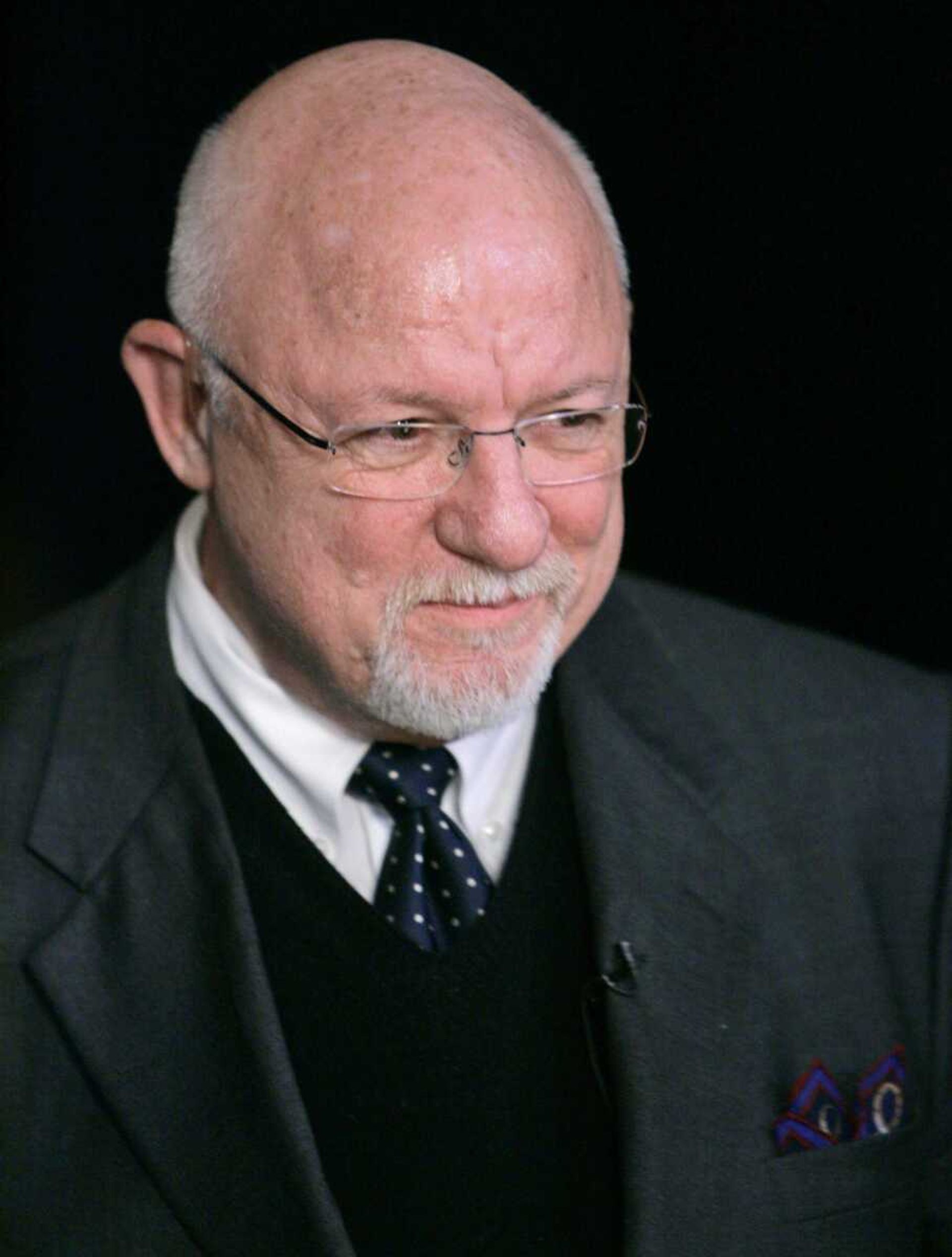
With President Bush constitutionally barred from seeking re-election, both parties had wide-open, costly campaigns.
Obama, a first-term senator, stressed a need for change. Clinton boasted of her experience as she worked to follow her husband into the White House. Edwards cast himself as the implacable enemy of special interests as he aimed to improve on last time's second-place showing in the state.
Romney, a former Massachusetts governor, stressed his background as a businessman and organizer of the 2002 Olympics, and he worked to persuade conservatives to ignore his earlier positions on abortion and gay rights. He ran the only commercials of the campaign critical of a rival, hitting Huckabee for his positions on immigration and the pardons he issued while governor of Arkansas.
Huckabee, an ordained Baptist minister, pinned his hopes on evangelical conservatives.
Arizona Sen. McCain, Rep. Ron Paul of Texas and former Tennessee Sen. Thompson were also on the ballot, although their aides made no claim they were in the running for a first-place finish. So, too, Rudy Giuliani, the former New York mayor who largely abandoned the state in the campaign's final days.
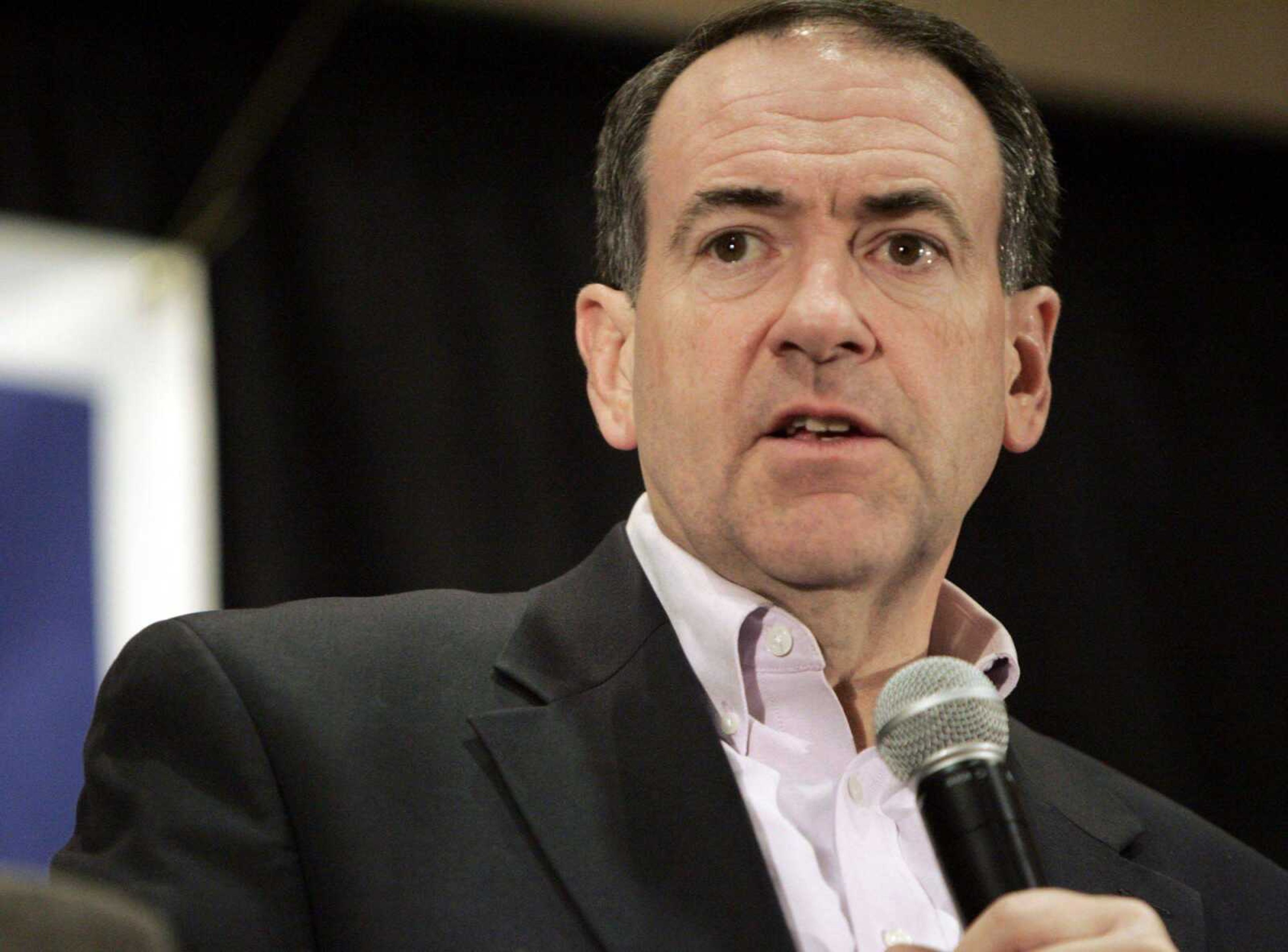
At stake Thursday night in Iowa were 45 delegates to the Democratic National Convention next summer in Denver and 37 to the GOP gathering in St. Paul, Minn. But that was hardly the reason the crowded field of presidential hopefuls devoted weeks of campaigning, built muscular campaign organizations and spent millions of dollars on television advertising in the state.
For three decades, Iowa's caucuses have drawn presidential hopefuls eager to make a strong first impression, and this year was no different.
Obama, Clinton and Edwards spent at least $19 million on television advertising among them, and all three capped their campaigns with statewide broadcasts on Wednesday. Romney told supporters in a final daylong swing around the state he had been in 68 of 99 counties since he began his quest for the White House, had spent 55 days in Iowa and spoken before 248 separate audiences.
Connect with the Southeast Missourian Newsroom:
For corrections to this story or other insights for the editor, click here. To submit a letter to the editor, click here. To learn about the Southeast Missourian’s AI Policy, click here.
